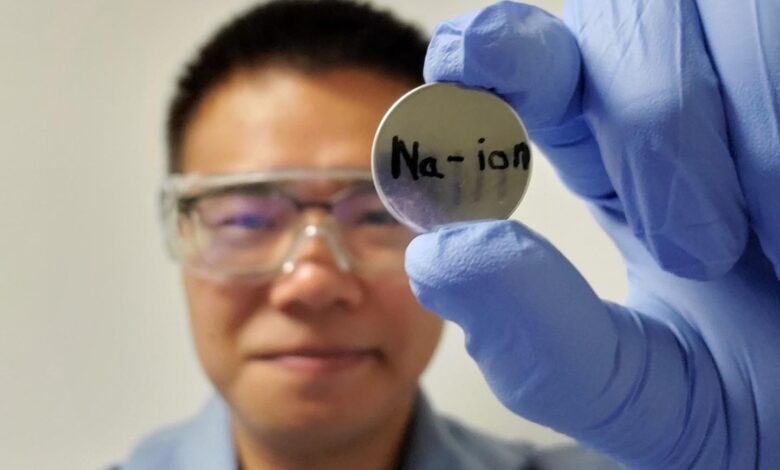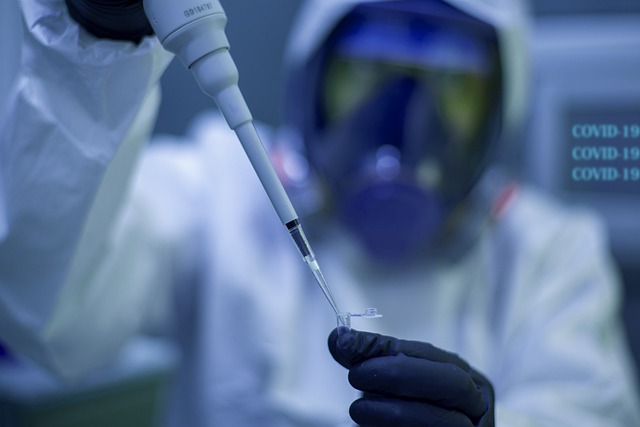Scientists create a sodium battery that can charge in seconds
The new sodium-ion batteries are anticipated to be apt for fast-charging uses in electric vehicles, smart devices, and aerospace tech

Sodium, which is far more common than lithium, has sparked interest for its role in sodium-ion battery technology. Despite this, current sodium-ion batteries have significant drawbacks, such as reduced power, limited storage capacity, and extended recharge periods, highlighting the need for new energy storage solutions.
On April 11th, KAIST, led by President Kwang Hyung Lee, revealed that Professor Jeung Ku Kang’s team from the Materials Science and Engineering Department had created a hybrid sodium-ion battery with high energy and power that charges quickly.

This new hybrid energy storage system merges anode materials from batteries with cathodes from supercapacitors, enabling high energy storage and swift charging and discharging. This positions it as a potential successor to lithium-ion batteries.
Yet, crafting a hybrid battery with both high energy and power density demands enhancements to the slow energy storage rate of battery anodes and the capacity of supercapacitor cathodes.
Addressing this, Professor Kang’s group employed two unique metal-organic frameworks to refine the hybrid battery synthesis. This led to an anode with enhanced kinetics, featuring fine active materials within porous carbon from metal-organic frameworks. They also created a high-capacity cathode material. The synergy of these anode and cathode materials resulted in a balanced sodium-ion storage system with harmonized energy storage rates between the electrodes.
Potential Applications in EVs, Smart Devices, and Aerospace Tech
The complete cell, made up of the advanced anode and cathode, constitutes a high-performance hybrid sodium-ion energy storage unit. This unit exceeds the energy density of standard lithium-ion batteries and shows supercapacitors’ power density traits. It’s anticipated to be apt for fast-charging uses in electric vehicles, smart devices, and aerospace tech.
Professor Kang highlighted that this hybrid sodium-ion energy storage device, capable of quick charging and reaching an energy density of 247 Wh/kg and a power density of 34,748 W/kg, marks a significant advancement in addressing the limitations of current energy storage technologies. He expects it to have wide-ranging applications in various electronic devices, including electric cars.
You might also be interested in – Protein rich sea food is directly proportional to ‘forever chemicals’, Scientists warn



